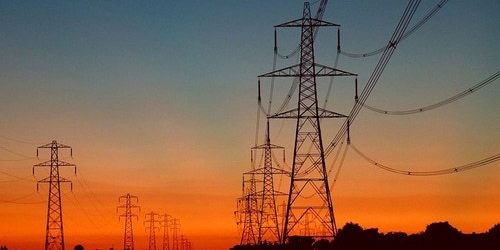The National Electric Power Regulatory Authority (Nepra) on Monday approved a power tariff hike of Rs1.06 per unit on account of fuel charges adjustment (FCA) for October and November 2020.
In a statement, Nepra said that the Central Power Purchasing Agency-Guarantee (CPPA-G) had requested a positive FCA of Rs0.5713 per unit to burden consumers with a total cost of Rs5.6 billion for October 2020.
Apart from that, it sought a tariff hike of Rs0.9583 per unit for November 2020, whose financial impact was calculated at Rs6.9 billion.
The regulator conducted a public hearing on December 30, 2020 and approved hike of Rs0.2925 per unit for October 2020 and Rs0.7696 per unit for November 2020. Energy companies will collect FCA for the two months in the billing month of January 2021 from all consumer categories of ex-Wapda distribution companies. However, lifeline consumers using up to 50 units a month will be exempted.
The tariff increase will be applicable only for one month. The FCA is not applicable to K-Electric consumers.
Earlier, during the public hearing, the regulator had reserved its decision on the power distribution companies’ petition. CPPA-G had requested a tariff increase of Rs0.5712 per unit for October 2020 and Rs0.9582 per unit for November 2020. The combined increase was calculated at Rs1.5294 per unit.
The regulator expressed concern during the public hearing over the use of furnace oil for power generation. Responding to that, the CPPA-G told the regulator that they had deducted around Rs15 billion for furnace oil-based power generation.
It suggested that if the government did not want to run furnace oil-based power plants, then it should take them out of the economic merit order and close them once and for all. In October, against the demand for 650 million cubic feet of gas per day (mmcfd), 627 mmcfd was supplied to the power plants. Due to shortage of liquefied natural gas (LNG), the plants were run on furnace oil.
An official of the National Transmission and Despatch Company (NTDC) said that the government should either let them run furnace oil-based power plants or allow electricity outages in the country.





